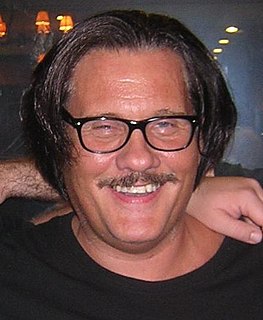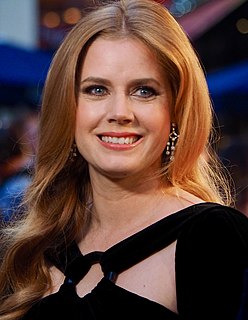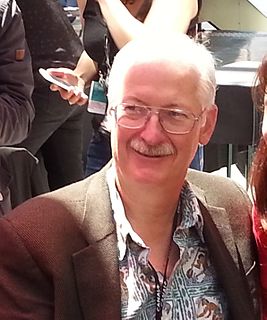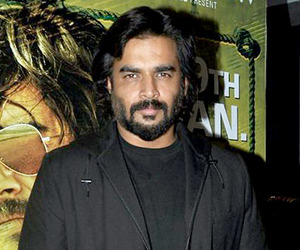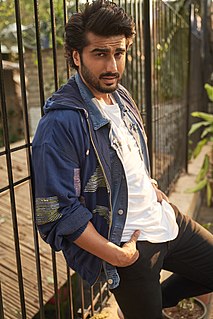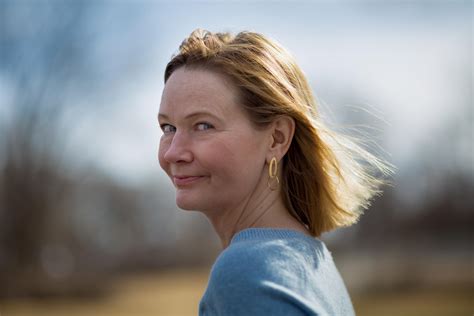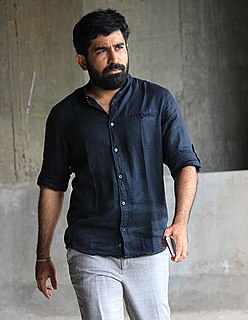A Quote by William Forsythe
'Things To Do In Denver When You're Dead' is one of the most underrated films. There were even different cuts of it. A wonderful film.
Related Quotes
Film is a wonderful thing and it can be so many different things. I don't want to turn my back on any of the different ways movies can be. I love the movies. I love going to the films. I like very serious films, I love foreign films, and I love big, fun movies - as long as they're well made and they've got good scripts. That's the most important thing.
African films should be thought of as offering as many different points of view as the film of any other different continent. Nobody would say that French film is all European film, or Italian film is all European film. And in the same way that those places have different filmmakers that speak to different issues, all the countries in Africa have that too.
Different directors have different techniques in the use of films. Cronenberg is very different in the way he works with film, and how he takes the audience into his films is different than how Peter Jackson would do that or Jon Stewart. So, if you go between those artists, you shift gears and you kind of fall into the working method of that film.
While I was writing the book, I went to see Louise Brooks's most famous film, Pandora's Box, at the Tivoli in Kansas City, and it was a lovely experience. You can watch old silent films on DVD or even on YouTube, but it was a different feeling watching her up on the big screen, seeing the film the way people saw it all those years ago.
